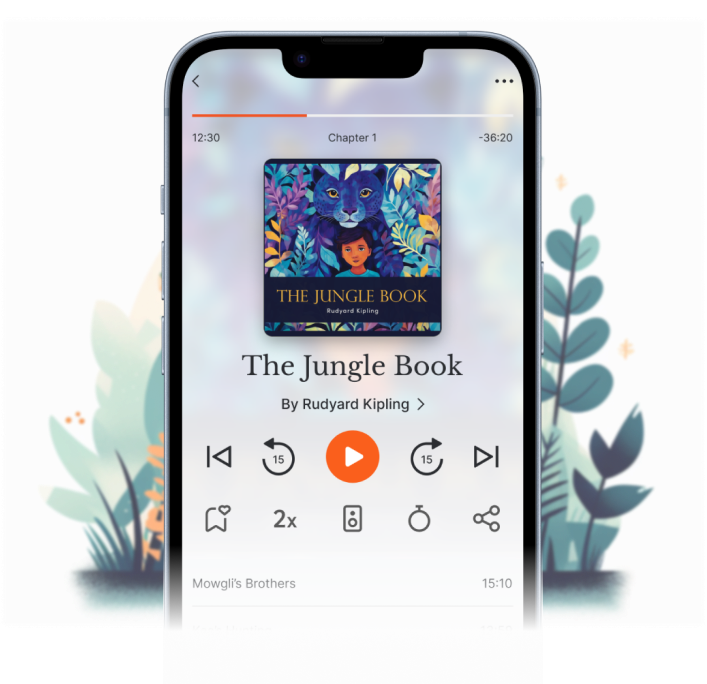Sounded ID: 9798823415040
ISBN: 9798823415040
Publication Date: September 14, 2022
Publisher: Author's Republic
Language: English
Author Name: Miguel Vaquero
Narrator Name: David Van Der Molen
This book contains two topics, which are the following:
1 - Memory Improvement: The ability for the brain to encode, store, and recall information is known as memory. Experience serves as a roadmap for future action.
Memory includes both consciously recalled facts and experienced details as well as deeply embedded knowledge that pops up without thought or even awareness. It serves as both a temporary information storage space and a more lasting record of what has been learned.
2 - The study of the anatomy and operation of the nervous system and the brain is known as neuroscience...
This book contains two topics, which are the following:
1 - Memory Improvement: The ability for the brain to encode, store, and recall information is known as memory. Experience serves as a roadmap for future action.
Memory includes both consciously recalled facts and experienced details as well as deeply embedded knowledge that pops up without thought or even awareness. It serves as both a temporary information storage space and a more lasting record of what has been learned.
2 - The study of the anatomy and operation of the nervous system and the brain is known as neuroscience. To map the brain mechanistically, neuroscientists draw on cellular and molecular biology, anatomy and physiology, human behavior and cognition, and other fields.
Each neuron, or brain cell, in an adult human has an estimated 100 billion connections to other neurons. The mapping of all the cell-to-cell communication networks—the brain circuits that process all ideas, feelings, and behaviors—remains one of the major difficulties of contemporary neuroscience. The resulting image that gradually forms is referred described as "the connectome." All learning is based on the brain's capacity to build new neural circuits and connections, or neuroplasticity.
| # | Title | Duration |
|---|---|---|
| 1. | vincent opening credits |
0 mins 15 secs |
| 2. | 01 Opening Credits |
0 mins 15 secs |
| 3. | 02 Chapter 1 - The Essence and Definition of Memory |
6 mins 02 secs |
| 4. | 03 Chapter 2 - Maintaining Memories |
7 mins 34 secs |
| 5. | 04 Chapter 3 - False Memories |
6 mins 03 secs |
| 6. | 05 Chapter 4 - The Different Kinds of Memory |
7 mins 16 secs |
| 7. | 06 Chapter 5 - Mental Health |
8 mins 43 secs |
| 8. | 07 Chapter 6 - Improving Your Memory |
7 mins 08 secs |
| 9. | 08 Chapter 7 - More Exercises |
8 mins 20 secs |
| 10. | 09 Closing Credits |
0 mins 22 secs |
| 11. | 02 Chapter 1 - What Is Neuroscience |
2 mins 40 secs |
| 12. | 03 Chapter 2 - Neuroscience and Intelligence |
4 mins 00 secs |
| 13. | 04 Chapter 3 - Brunswik Symmetry |
6 mins 48 secs |
| 14. | 05 Chapter 4 - Neuroscience and the Concept of Evil |
8 mins 09 secs |
| 15. | 06 Chapter 5 - Myths from Neuroscience |
7 mins 30 secs |
| 16. | 07 Chapter 6 - Neuroscience Categories |
13 mins 27 secs |
| 17. | 08 Chapter 7 - Nostalgia |
7 mins 56 secs |
| 18. | 01 Opening Credits neuroscience |
0 mins 14 secs |
| 19. | 09 Closing Credits neuroscience |
0 mins 22 secs |
| 20. | vincent closing credits |
0 mins 16 secs |


